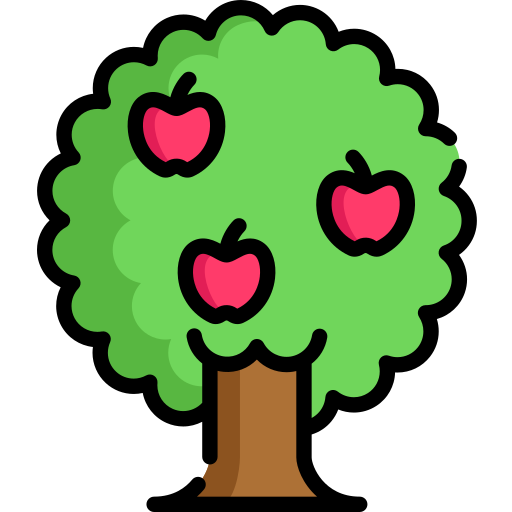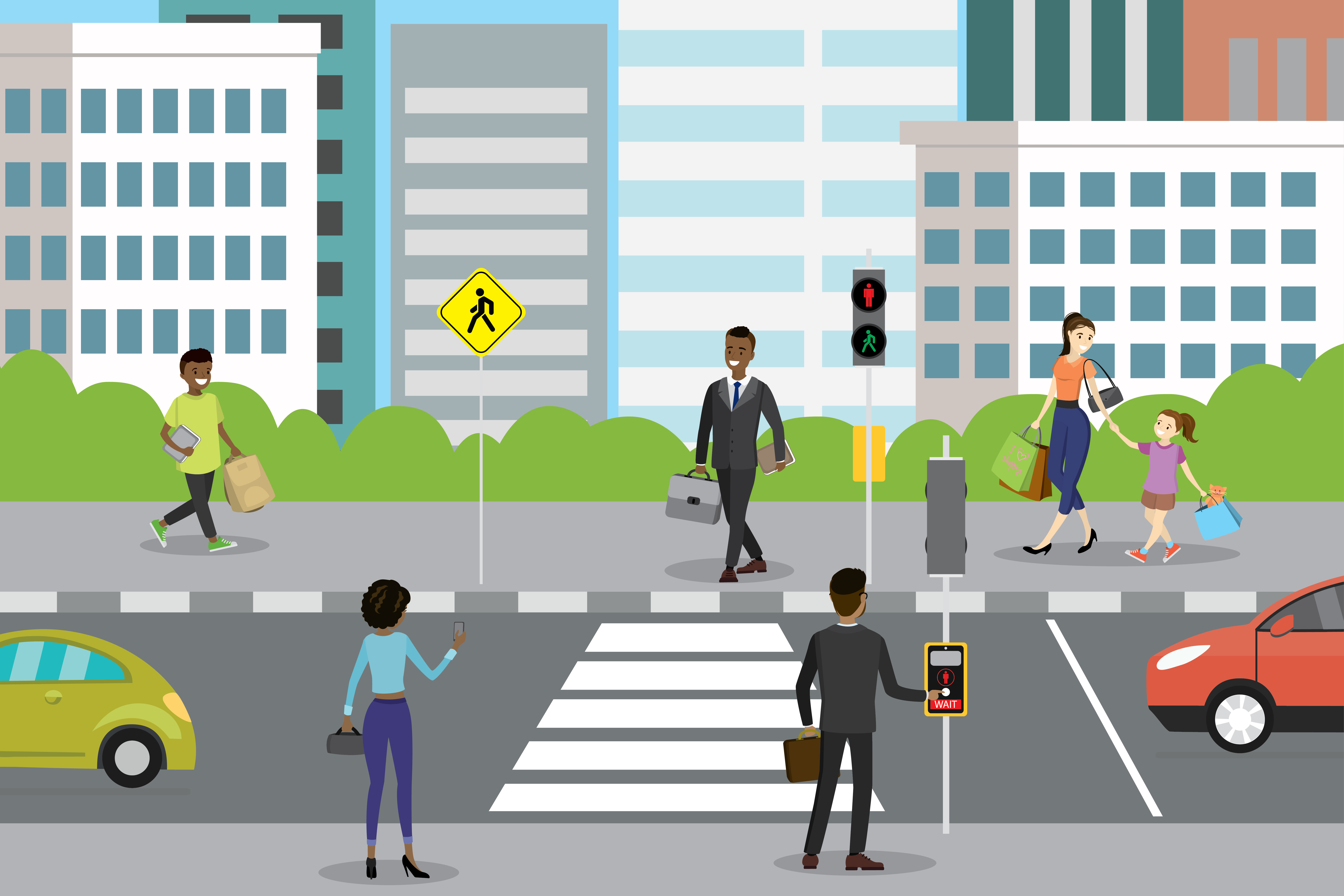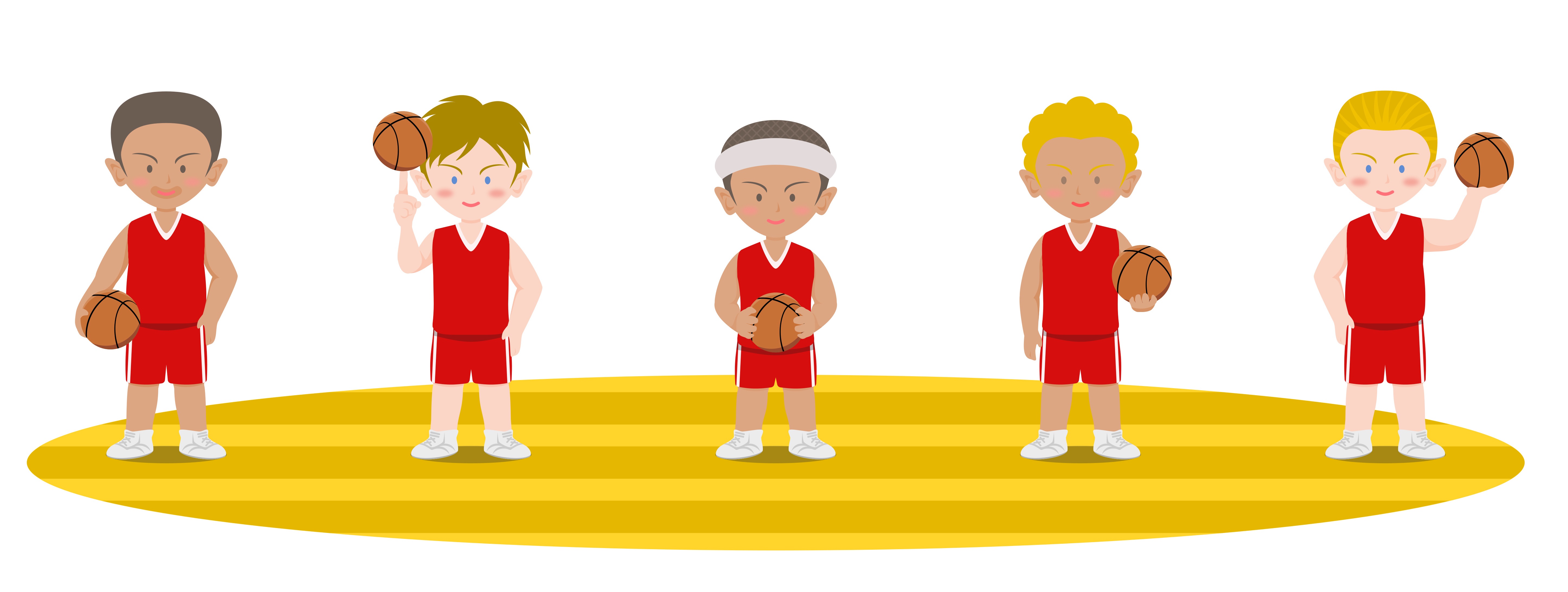PART A_1
We will read aloud the words below. Please repeat after me. I will check your pronunciation.
単語を音読します。講師に続いて読みましょう。講師は発音を確認します。
(Please send the mispronounced words and expressions to your student.)
PART A_2
| antipersonnel | 対人の |
| mine | 地雷 |
| misery | 悲惨、苦痛 |
| eliminate | 除く、除去する |
| mine-removing | 地雷除去 |
| disarm | 武装を解除する |
| step on ~ | 踏む |
| treaty | 条約、約定 |
PART A_3
Now, let’s review some words and expressions from part A_2.
ではいくつかの単語を復習してみましょう。
(Please review the mispronounced words and expressions from part A_2.)
PART A_4
PART B_1
You will read aloud the passage below. I will check your pronunciation and intonation.
文章を読みます。講師が発音、イントネーションについて確認します。
(Please send the mispronounced words and expressions to your student.)
PART B_2
Antipersonnel mines are under or on the ground and explode when stepped on to injure or kill people or animals. Many people who are injured by mines die slowly while others live in misery. To stop the misery, the Ottawa Treaty was signed and took effect in 1999. However, it is important to know how to eliminate the mines.
Hirose Shigeo, who has been building robots for many years, had an idea. He has been helping to eliminate mines since the 1990’s. His first mine-removing robot was called Titan IX. A snake-type robot was also being developed by Hirose. To help Afghanistan, the Japanese government joined Hirose and formed a study group to remove mines in 2002. They watched how the people find, dig, and disarm the mines. It was very dangerous, so Hirose thought of using mine-removing robots. When Hirose explained how Titan IX could eliminate mines, the Afghan people did not agree. They said it was too expensive and very difficult to fix when broken. But the main problem was they thought it would take away their mine-removing jobs.
Hirose worked on to solve the problems and developed a robot which he called Gryphon V. It is simple, cheaper than Titan IX, can easily be fixed, and uses its movable arm to mark where the mines are located. Workers will not lose their jobs because they can still remove the mines using their tools. Some scientists, researchers, and engineers from Japan have been working and making progress in developing different types of mine-removing robots. They believe that time should not be wasted, so they are working fast to remove mines around the world.
PART B_3
Now, let’s review some words and sentences from part B_2.
ではいくつかの単語、文章を復習してみましょう。
(Please review the mispronounced words and sentences from part B_2.)
PART B_4
PART B_5
I will ask the following questions. Please answer based on the passage. I will check if your sentences are complete and if the grammar is correct.
講師が以下の質問をします。読んだ内容をもとに答えましょう。講師は文法と完全な文章で答えられているかを確認します。
PART B_6
| 1. | What are antipersonnel mines? |
| Answer: | |
| 2. | Who has been building robots for many years? |
| Answer: | |
| 3. | Why did Hirose Shigeo think of using mine-removing robots? |
| Answer: | |
| 4. | What is Gryphon V? |
| Answer: |
PART B_7
Now, let’s review your answers.
では、あなたの答えを復習してみましょう。その後、修正したあなたの答えを読んでみましょう。
(Please review your student’s answers by sending them in complete sentences. After that, ask your student to read aloud his or her corrected answers.)
PART B_8
PART C_1
Please construct sentences using each word below. Then, read aloud the sentences. I will check if your sentences are complete and if the grammar is correct.
以下の言葉を使って、文章を作りましょう。講師は文法と完全な文章で答えられているかを確認します。
PART C_2
| mine | |
| eliminate | |
| step on ~ | |
| disarm | |
| misery |
PART C_3
Now, let’s review your answers.
では、あなたの答えを復習してみましょう。その後、修正したあなたの答えを読んでみましょう。
(Please review your student’s answers by sending them in complete sentences. After that, ask your student to read aloud his or her corrected answers.)
PART C_4
PART D_1
Let’s study the example below. I will read the sample question, and you will read the sample answers.
下の例を見てみましょう。講師がサンプルの質問を読むので、あなたはサンプルの答えを読みましょう。
PART D_2
| Sample Question: | These days, many people prefer to study abroad. Do you think this is a good idea? |
| Sample Answer: | Yes, I do. By studying abroad, students can choose the best university that offers the study program they are interested in. Also, they can get a deeper understanding of different cultures by interacting with foreign students. |
PART D_3
Express your opinions on the following topics. Please give your answer starting with “Yes/No”. Give at least two reasons to support your opinion.
以下のトピックについて自分の意見を述べます。回答は「Yes/No」で始め、2つ以上の理由をつけて答えましょう。
PART D_4
|
Nowadays, factories prefer robots to human workers. Do you think this is a good idea? |
|
| Yes / No. |
PART D_5
Now, let’s review your answer.
では、あなたの答えを復習してみましょう。その後、修正したあなたの答えを読んでみましょう。
(Please review your student’s answers by sending them in complete sentences. After that, ask your student to read aloud his or her corrected answers.)
PART D_6
PART D_7
Express your opinions on the following topics. Please give your answer starting with “Yes/No”. Give at least two reasons to support your opinion.
以下のトピックについて自分の意見を述べます。回答は「Yes/No」で始め、2つ以上の理由をつけて答えましょう。
PART D_8
|
Some people say that a dangerous job with a high salary is better than not having a job. Do you think this is a good idea? |
|
| Yes / No. |
PART D_9
Now, let’s review your answer.
では、あなたの答えを復習してみましょう。その後、修正したあなたの答えを読んでみましょう。
(Please review your student’s answers by sending them in complete sentences. After that, ask your student to read aloud his or her corrected answers.)
PART D_10
PART D_11
Express your opinions on the following topics. Please give your answer starting with “Yes/No”. Give at least two reasons to support your opinion.
以下のトピックについて自分の意見を述べます。回答は「Yes/No」で始め、2つ以上の理由をつけて答えましょう。
PART D_12
|
Some people think that countries should help each other to improve. Do you think your country should do that? |
|
| Yes / No. |
PART D_13
Now, let’s review your answer.
では、あなたの答えを復習してみましょう。その後、修正したあなたの答えを読んでみましょう。
(Please review your student’s answers by sending them in complete sentences. After that, ask your student to read aloud his or her corrected answers.)
PART D_14
PART D_15
Express your opinions on the following topics. Please give your answer starting with “Yes/No”. Give at least two reasons to support your opinion.
以下のトピックについて自分の意見を述べます。回答は「Yes/No」で始め、2つ以上の理由をつけて答えましょう。
PART D_16
|
Some people say that people who always help others experience a better life. Do you think this is true? |
|
| Yes / No. |
PART D_17
Now, let’s review your answer.
では、あなたの答えを復習してみましょう。その後、修正したあなたの答えを読んでみましょう。
(Please review your student’s answers by sending them in complete sentences. After that, ask your student to read aloud his or her corrected answers.)
PART D_18
PART F_1
Let’s do a free talk about the following topics.
フリートークをしましょう。
(Please do a free talk if you have time left.)
PART F_2
Do you think the use of robots will be more common in the future?
Do you think more people will live longer in the future?
What dangerous jobs do you know?
Do you think more people will live longer in the future?
What dangerous jobs do you know?
PART F_3








 GOOD
GOOD 






